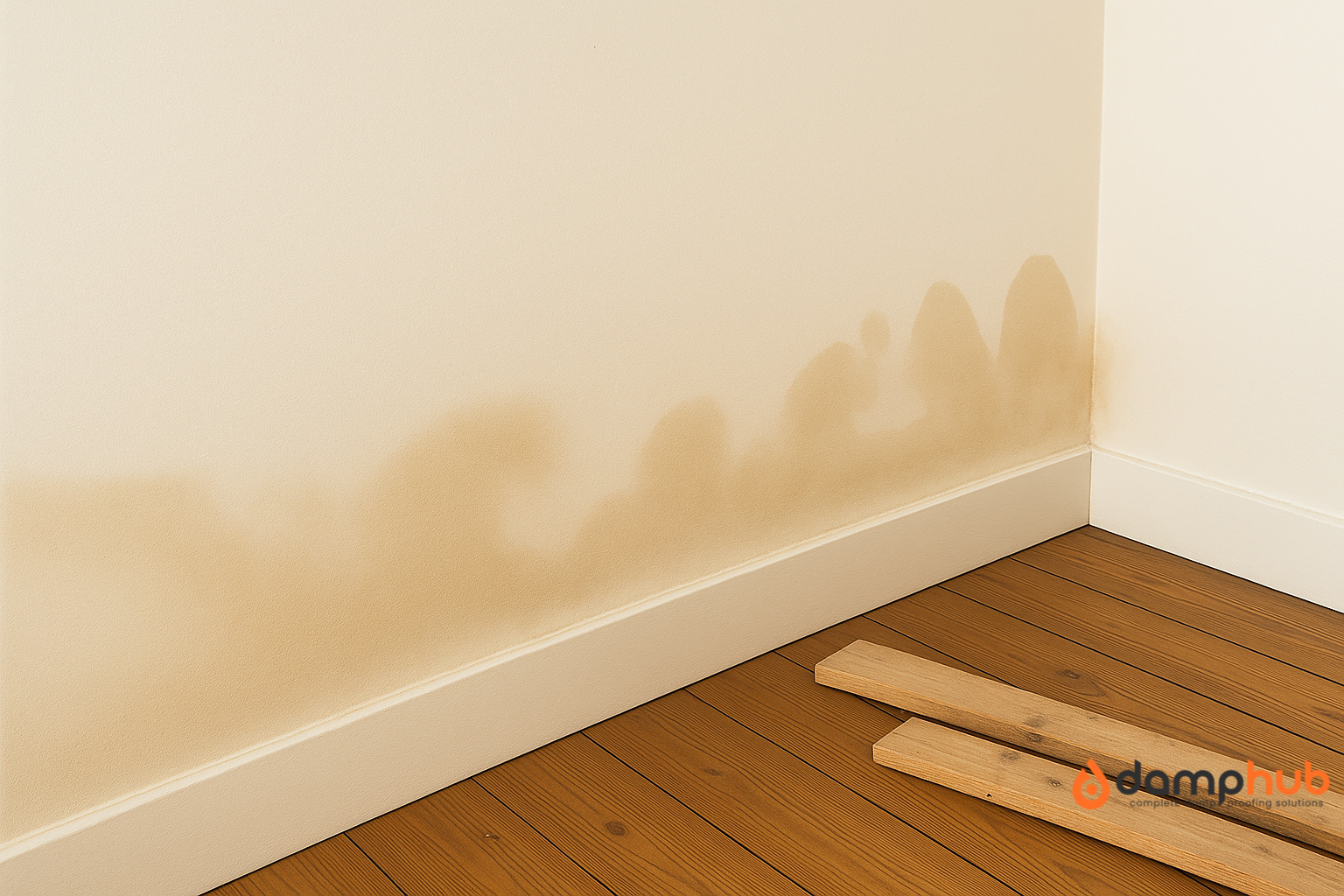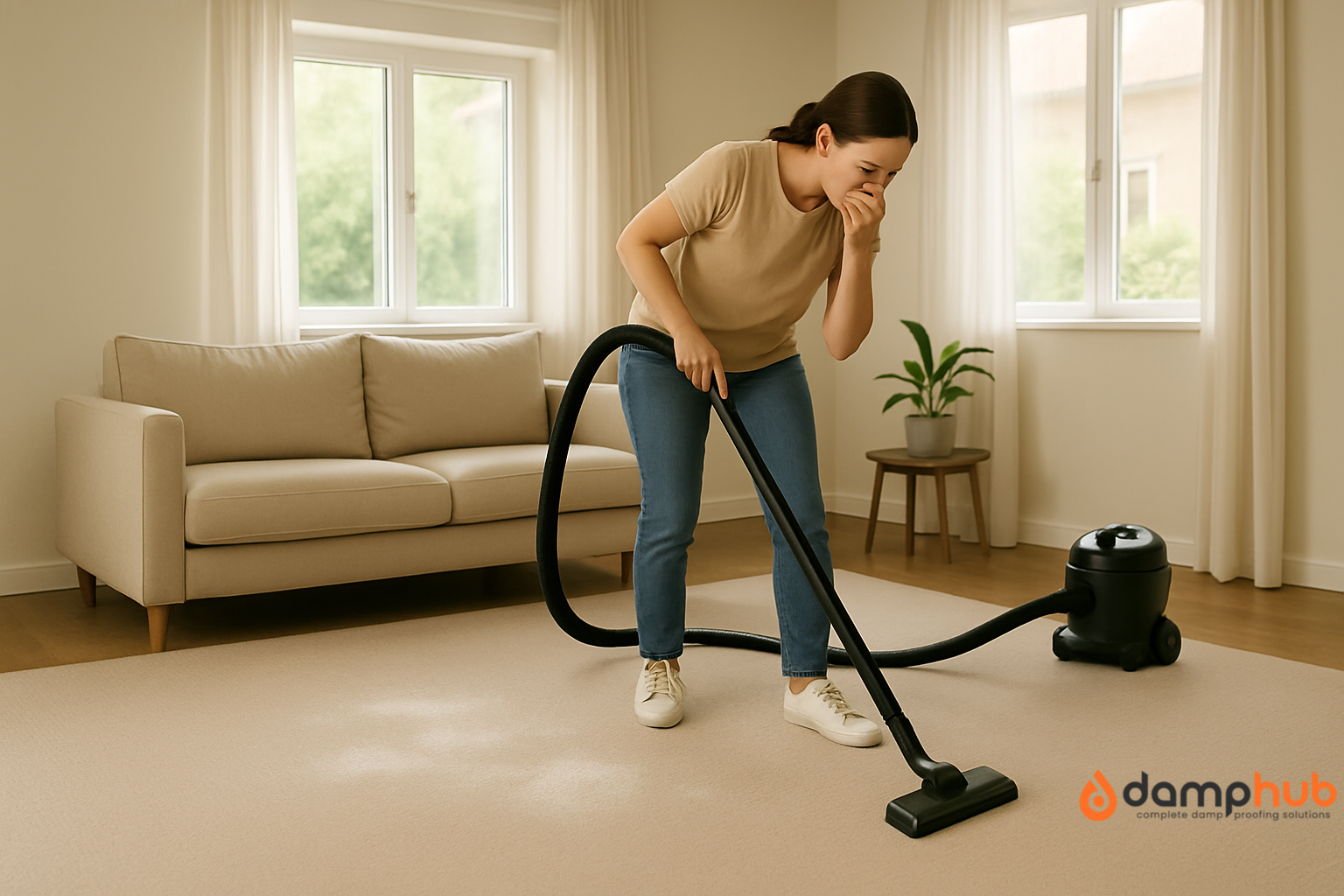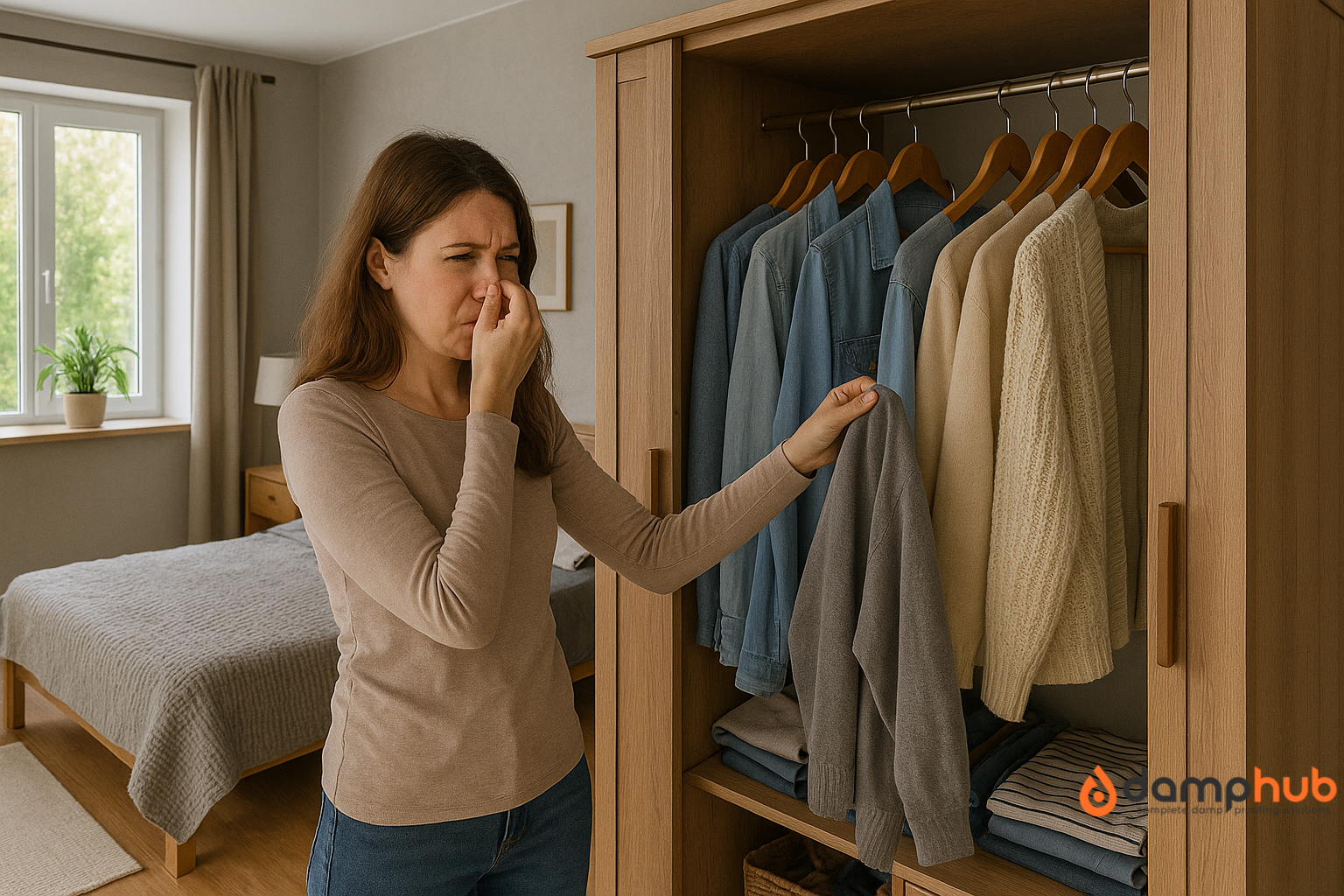
Let’s be honest. Damp is a pain. It creeps in quietly, leaves behind flaking paint, musty smells, and maybe even health problems if you ignore it long enough. And in London, where many buildings are old, and the weather doesn’t do us any favours, it’s more common than most people think.
Now, you could try to deal with it yourself. You’ll find loads of DIY guides online, a few videos that make it all look simple, and even some miracle products promising to “seal the problem for good”. But if the issue runs deeper, and it usually does, you’re better off calling in someone who actually knows what they’re doing.
That’s where an independent damp specialist comes in. Not someone tied to a company trying to flog you injections or expensive systems. Just a proper expert, who looks at the facts and tells you what’s really going on.
👉 Related Blog: 10 Best Damp Survey Companies in London
Why Go Independent?
Here’s the thing: when you bring in a damp specialist who works for a big company, their job isn’t just to inspect your home, it’s also to sell. That’s the business model.
An independent, though? They don’t have anything to sell you, apart from their time and expertise. That means you get advice that’s neutral. No pushy upsells. No unnecessary treatments. Just an honest assessment.
In London, that’s especially important. The city’s full of different property types: Victorian terraces, post-war flats, conversions with dodgy plumbing. What works in one place might be useless in another. You need someone who knows the difference and won’t give you a cookie-cutter fix.
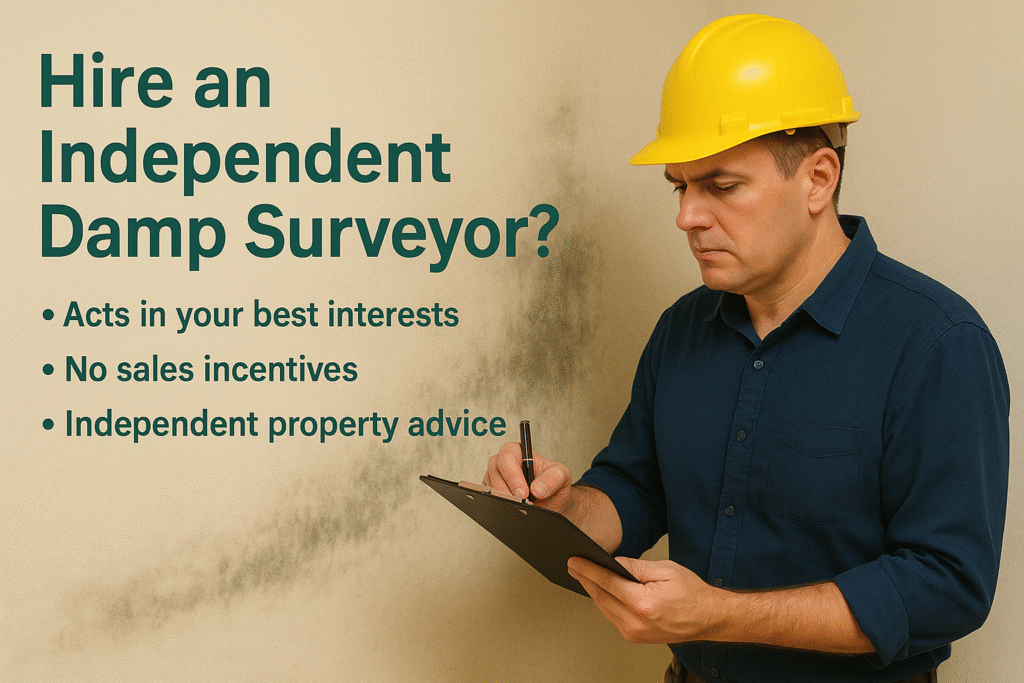
What to Look for in a Damp Specialist
1. Qualifications First
No luck there? Head online. Start by searching “damp specialist near me” to get a list of local professionals in your area. Then check platforms like:
- RICS membership (Royal Institution of Chartered Surveyors)
- PCA certification (Property Care Association)
- BDPA (British Damp Proofing Association)
These aren’t just logos. They mean the person you’re hiring has met real standards, not just watched a few YouTube videos and bought a moisture meter online.
2. Local Experience
You want an independent damp specialist near me who knows London inside out. Someone familiar with the specific challenges of properties in your postcode.
Why? Because how damp behaves in a basement flat in Hackney isn’t the same as in a Georgian townhouse in Richmond. Ask how long they’ve worked in the area. Get a feel for their track record.
Where to Start Looking
First stop? People you know. Ask your mates, family, neighbours, anyone who’s dealt with damp in the last few years. If they had a good experience with someone, that’s gold.
No luck there? Head online. Try places like:
- Checkatrade
- Trustpilot
- Yell
- Google reviews (obvious, but still useful)
Don’t just glance at star ratings. Dig into the comments. Are people complaining about missed appointments, vague reports, or “treatments” that didn’t work? Red flags. Pay attention.
And check if they’re actually independent damp specialist. A few companies call themselves “specialists” but are really just sales reps in disguise.
Get More Than One Quote: Always
Don’t settle for the first person who gives you a price. Get a few quotes. Three’s a good number.
And when those quotes come in, don’t just look at the bottom line. Ask:
- Is the inspection cost separate?
- Do they break down labour, materials, and VAT?
- Is the report included?
If a quote seems suspiciously cheap, ask why. Are they skipping steps? Rushing the job? Or just hoping you’ll say yes and figure out the details later? Trust your gut.
Insurance & Guarantees Matter
Any decent independent damp specialist should be fully insured. If something goes wrong, they damage something, make the issue worse, or don’t finish the work, you’re covered.
Even better? A guarantee.
Let’s say they fix your wall, and the same issue crops up again six months later. Will they come back and sort it? A guarantee shows they back their work and aren’t just disappearing the second they’re paid.
If they hesitate to offer one, or make excuses, think twice.
What Happens During a Damp Survey?
Expect more than someone just poking your walls and nodding seriously.
Here’s what a proper damp survey should include:
- A full visual check, inside and out.
- Use of tools like moisture meters, hygrometers, and maybe even thermal imaging.
- An inspection of ventilation, drainage, leaks, and even your roofline, if needed.
- Then, a detailed report. Written, not verbal. With photos. Explaining exactly what’s wrong, what caused it, and what they recommend.
This isn’t guesswork. A proper survey should answer all your questions.

Ask to See Past Work
Good specialists have nothing to hide. Ask for references or case studies. They should be able to show you photos of similar jobs they’ve done. Even better if they can explain what went wrong in those cases, how they fixed it, and what the result was.
Some will have this on their website. Others might send you PDFs or just give you a few customer contacts. Either way, it’s a sign they’re legit.
👉 Related Blog: How Do I Choose a Damp Surveyor?
Final Tip: Trust Your Gut
You can have all the qualifications and quotes in the world, but if something feels off? Walk away.
Maybe the person seemed distracted. Maybe they didn’t listen properly. Or maybe they tried to rush you into a decision.
You want someone you feel comfortable with. Someone who explains things clearly. Someone who feels like they’re on your side.
Because let’s face it; this isn’t just about damp. It’s about your home. Your health. Your peace of mind.
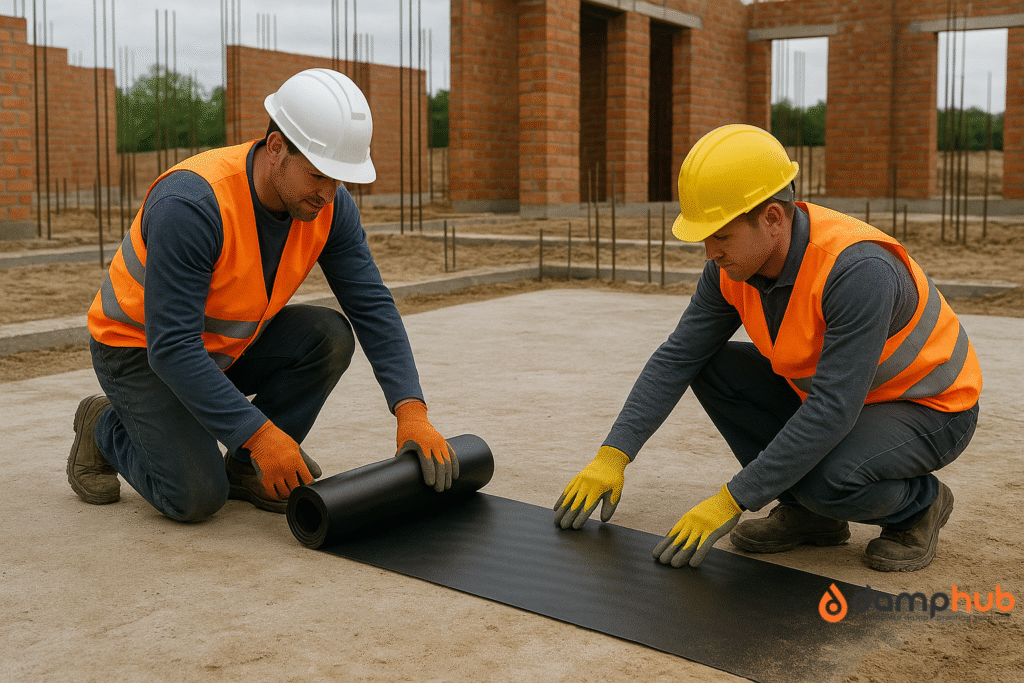
In Short…
Hiring an independent damp specialist in London isn’t something you want to rush. Take your time. Ask the right questions. Compare quotes. And trust your instincts.
Do that, and you’ll find someone who knows what they’re doing and who’ll actually fix the problem, not just cover it up.
No nonsense. No sales pitch. Just solid advice from someone who knows damp inside out.
FAQs
What does an independent damp specialist do differently from a contractor?
An independent damp specialist focuses solely on inspection and diagnosis. They don’t sell treatments, so their advice is unbiased and based purely on what the property needs.
Can I trust the findings of an independent damp surveyor near me in legal disputes?
Yes. Reports from independent surveyors near me are often more credible in court or insurance claims because they have no commercial interest in selling repairs.
How do they test for rising damp or moisture problems?
They typically use calibrated moisture meters, hygrometers, thermal imaging, and salt analysis to determine the presence and cause of damp.
What kind of report will I receive?
You’ll get a detailed written report including photos, moisture readings, causes of damp, and clear recommendations, without sales pitches.
Are independent damp surveys expensive?
Costs vary, but you generally pay a flat fee. Unlike contractors, they don’t make money from repair work, so the fee covers only the inspection and report.
Will they recommend a treatment company?
Some may refer you to trusted specialists, but most will simply explain the treatment options available, leaving the final decision to you.


